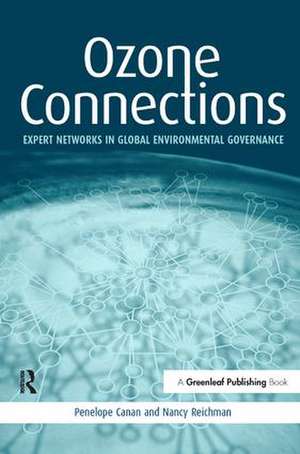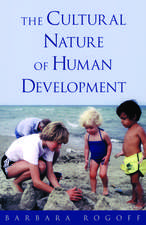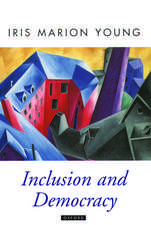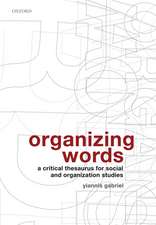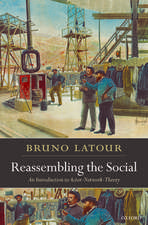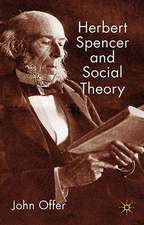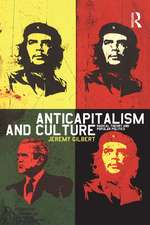Ozone Connections: Expert Networks in Global Environmental Governance
Autor Penelope Canan, Nancy Reichmanen Limba Engleză Hardback – mar 2002
What happened and why is of tremendous importance for those looking for guidance in the future, particularly those now involved in hugely complicated negotiations on climate change. The success of the Montreal Protocol has been linked to many factors such as political will, treaty flexibility and the recognition of equity issues raised by developing countries. While comprehensively analysing all of these success factors, Ozone Connections goes on to suggest that a social organization of global governance as typified by the protocol's Technical and Economic Assessment Panel (TEAP) was a unique – but replicable – decisive factor.
The book argues that we need to understand how the implementation of complex global environmental agreements depends on the construction and exploitation of social connections among experts who act collectively to define solutions to environmental problems.
This highly original and provoking thesis synthesises some of the more exciting social science concepts and methods, while refining our basic understanding of environmental social change and providing policy-makers with concrete success factors to replicate. This book will be essential reading for academics in the fields of sociology, political science, international relations, network studies, human communication, motivation, collaboration and leadership, as well as the burgeoning interdisciplinary field of environmental studies. Businesses will also find many applications for practical use. Finally, the many directly transferable lessons from ozone layer protection make this book a key addition to the growing literature on climate change.
Preț: 418.17 lei
Nou
Puncte Express: 627
Preț estimativ în valută:
80.03€ • 86.90$ • 67.22£
80.03€ • 86.90$ • 67.22£
Carte tipărită la comandă
Livrare economică 23 aprilie-07 mai
Preluare comenzi: 021 569.72.76
Specificații
ISBN-13: 9781874719403
ISBN-10: 1874719403
Pagini: 228
Dimensiuni: 156 x 234 x 14 mm
Greutate: 0.5 kg
Ediția:1
Editura: Taylor & Francis
Colecția Routledge
Locul publicării:Oxford, United Kingdom
ISBN-10: 1874719403
Pagini: 228
Dimensiuni: 156 x 234 x 14 mm
Greutate: 0.5 kg
Ediția:1
Editura: Taylor & Francis
Colecția Routledge
Locul publicării:Oxford, United Kingdom
Public țintă
PostgraduateCuprins
Foreword Mostafa Tolba, President, International Centre of Environment and Development (ICED); Former Executive Director, United Nations Environment Programme (UNEP) 1. Introduction2. The Montreal Protocol: A most remarkable treaty3. Networks in the ozone-layer regime4. Social capital in action5. Committee connections6. Socialisation in the ozone community7. Institutional entrepreneurs8. Lessons learned BibliographySources Appendix 1: MethodologyAppendix 2: IntervieweesAppendix 3: Survey questionnaire
Descriere
This work argues that we need to understand how the implementation of complex global environmental agreements depends on the construction and exploitation of social connections among experts who act collectively to define solutions to environmental problems.
